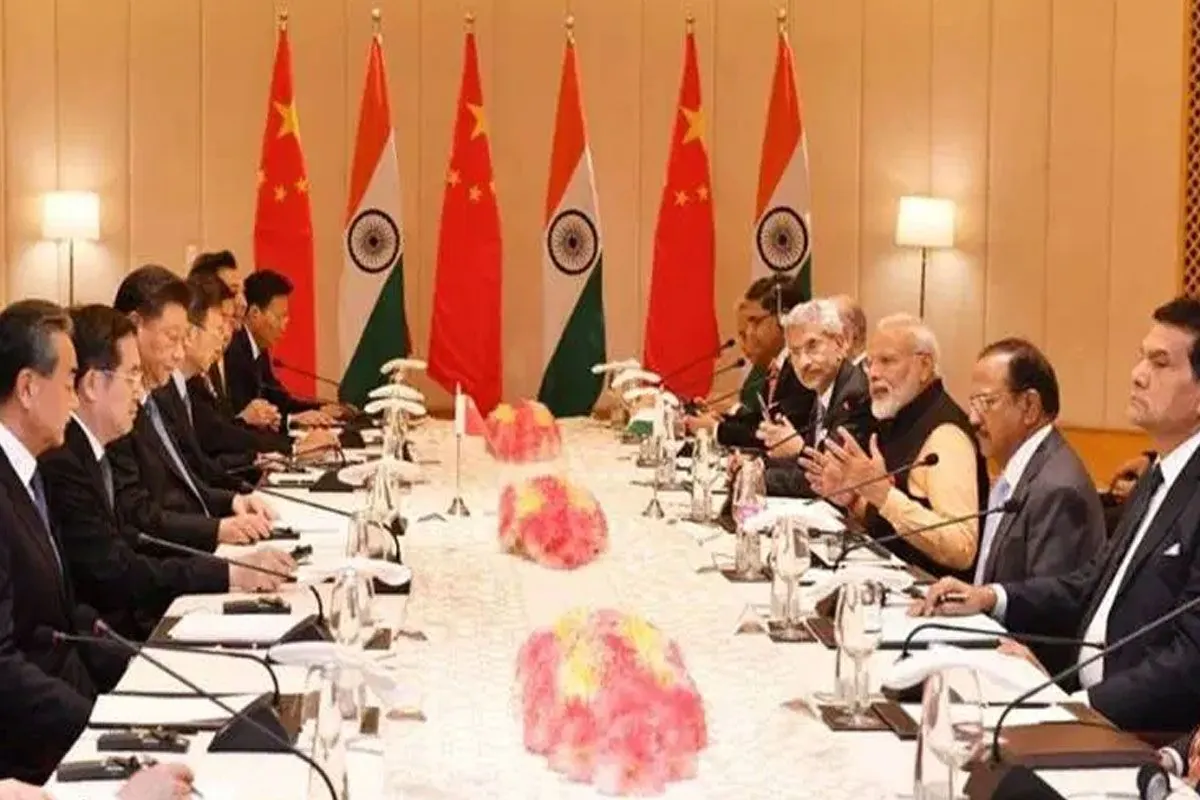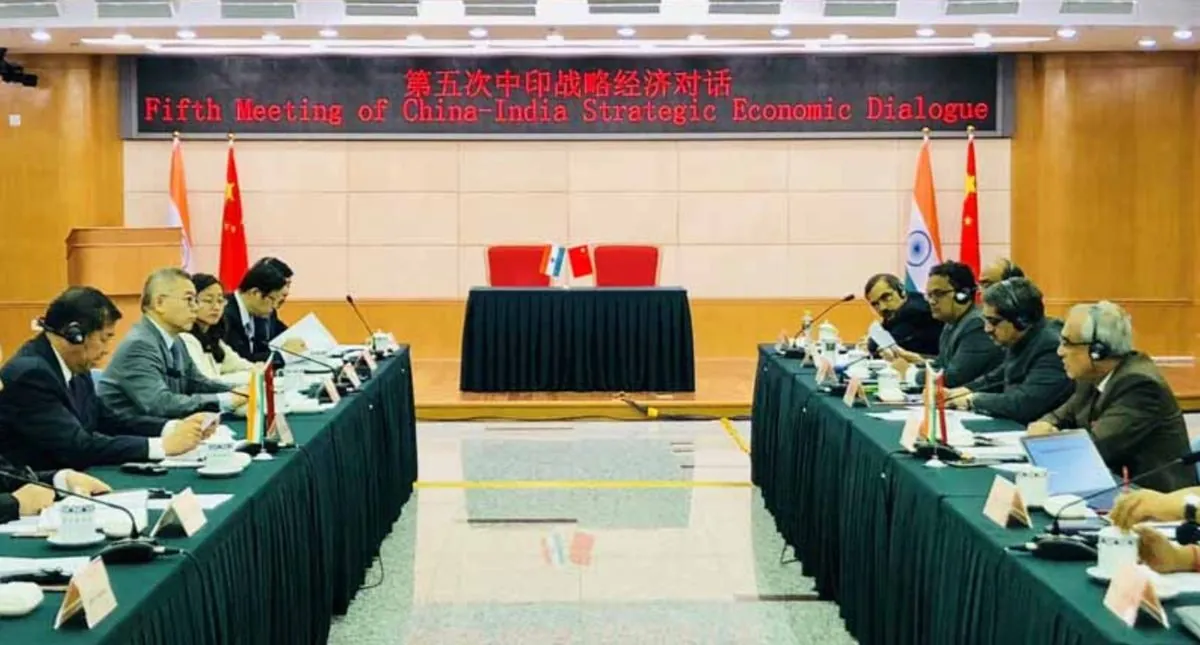India Open to Chinese Business, But Sector-Specific Approach Needed
India's foreign minister clarifies stance on Chinese business, emphasizing sector-specific considerations. Recent border tensions and investment scrutiny shape the complex bilateral economic relationship.

India's approach to business relations with China is nuanced and sector-specific, according to Subrahmanyam Jaishankar, India's foreign minister. Speaking at a conference in Berlin on September 10, 2024, Jaishankar emphasized that India is not entirely closed to Chinese business, but careful consideration is given to which sectors and under what terms such business is conducted.
The statement comes amid complex bilateral relations between the world's two most populous nations. Tensions have persisted since the 2020 border clashes in the Himalayas, which resulted in casualties on both sides. This incident led India to implement stricter scrutiny of Chinese investments and halt major projects.

Despite these challenges, recent developments suggest a potential shift in India's stance. Nirmala Sitharaman, India's Finance Minister, has reportedly supported suggestions to allow increased Chinese investment in the country. This aligns with India's latest annual economic survey, released in July 2024, which proposes integrating into China's supply chain or promoting foreign direct investment (FDI) from China to boost global exports.
India is considering easing restrictions on Chinese investment in non-sensitive sectors where it lacks expertise, such as solar panels and battery manufacturing. This move could potentially address hindrances to domestic manufacturing in these areas.
"We are not closed to business from China...I think the issue is, which sectors do you do business and what terms do you do business? It's far more complicated than a black and white binary answer."
The bilateral relationship extends beyond economic considerations. Both India and China are nuclear powers and members of BRICS and the Shanghai Cooperation Organisation. They share a 3,488 km border and have a combined GDP exceeding $20 trillion. China remains India's largest trading partner, highlighting the economic interdependence between the two nations.
However, challenges persist. Diplomatic and military talks to resolve the Himalayan standoff have progressed slowly. India has also implemented strict visa restrictions for Chinese nationals since 2020, though it is now considering easing these for Chinese technicians to facilitate investments worth billions of dollars.
The complex nature of India-China relations is further underscored by historical and geopolitical factors. The two countries have engaged in multiple rounds of border talks since the 1980s and have signed agreements to maintain peace along their shared frontier. However, issues such as the disputed Aksai Chin region and China's Belt and Road Initiative continue to be sources of tension.
As both nations navigate their economic and strategic interests, the future of India-China business relations remains a topic of significant importance in the global economic landscape.



































